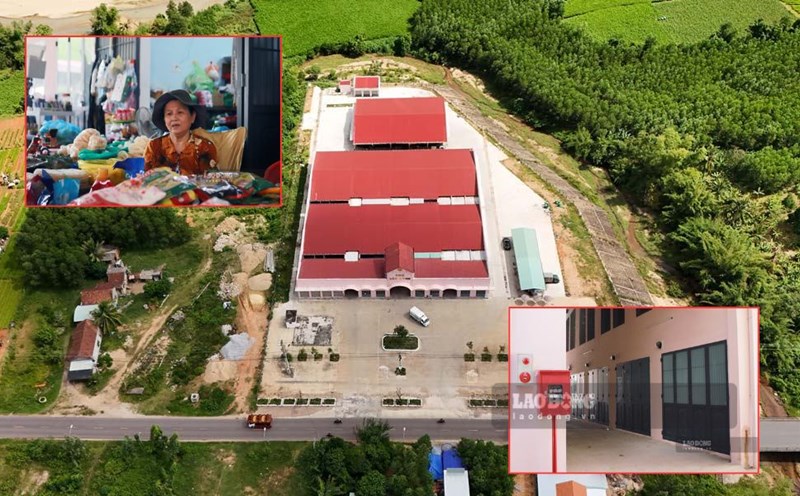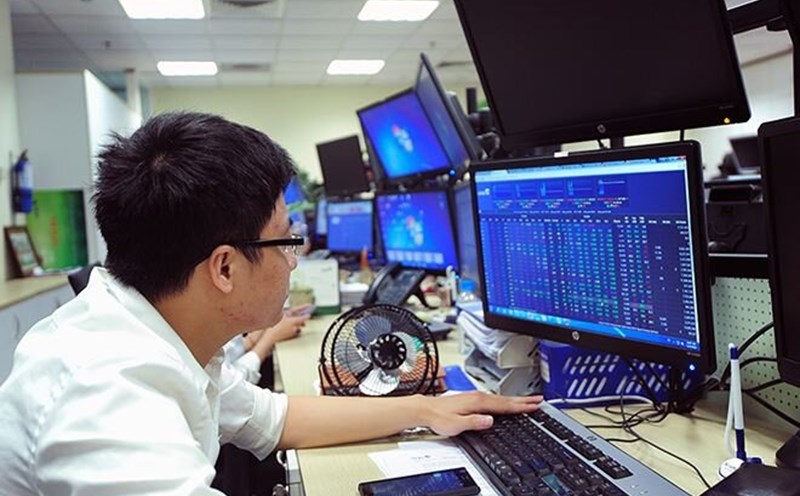The race to produce chips for artificial intelligence (AI) is creating unpredictable effects, causing the prices of traditional memories to increase sharply.
According to analysts, the global supply of chips, which has been tense, is now further tightened by the huge wave of investment in AI systems and data centers.
In recent months, the demand for memory chips has skyrocketed, causing the market to enter a "super cycle" phase, which is the time when technology businesses race to stock up on components.
The situation of double or even tripled orders is recurring like in previous chip crises, said Tobey Gonnerman, Chairman of semiconductor distributor Fusion Worldwide.
The main reason comes from the production shift of large companies such as Samsung Electronics and SK Hynix.
These two Korean technology giants are focusing their resources on the high-bandwidth memory (HBM) chip line, an important component of Nvidia's powerful AI processors, instead of the popular DRAMs used in phones, computers or traditional servers. This shift has caused a sharp decline in the supply of conventional chips, causing prices to increase.
In addition, fierce competition from Chinese manufacturers such as CXMT has also prompted Korean corporations to speed up the process of upgrading products to a higher segment.
There is too much money pouring into AI and data centers, Dan Hutcheson, VP of TechInsights, said, emphasizing that the excess investment capital is causing a strong market volatility.
According to Morgan Stanley, this year alone, technology giants including Alphabet, Amazon, Meta, Microsoft and CoreWeave will spend about $400 billion on AI infrastructure.
This boom comes at the same time as the cycle of replacing old servers and personal computers, as well as a return to mobile phone sales, all of which have exacerbated the shortage of popular memory chips.
Experts warn that if this trend continues, the chip market could see a strong price increase that will last for many quarters in the coming months, a new spiral of the chip crisis in the AI era.











